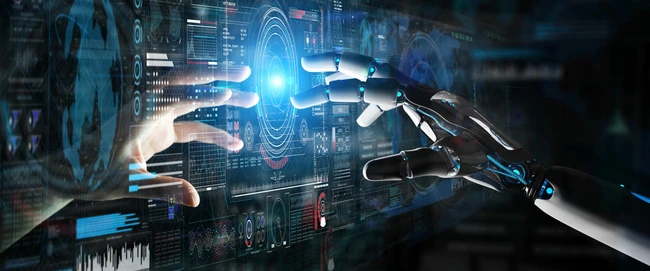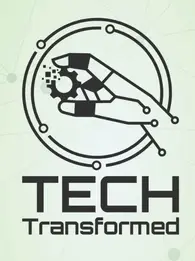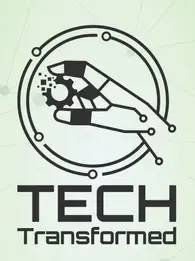
Is AI all It’s made out to be? Is it ready for the mainstream or are we trusting too much in this new growing technology?
It was not so very long ago that the closest the majority of us got to AI (Artificial Intelligence) was seeing it in the movies; from the early appearance in Metropolis in 1927 to the more mainstream and recognised uses in the likes of 2001: A Space Odyssey, (with the famous HAL 9000) the aptly named A.I Artificial Intelligence Spielberg film of 2001 and Will Smith’s I. Robot. In Fact Wikipedia lists over 125 movies featuring Artificial Intelligence in a notable manner. It is no wonder we all feel familiar with the technology and have assumptions of what is achievable from this promising technology arena.
When we look at what AI is meant to be; ‘the mechanisation of the behaviour of human thought’ ; the ability for a machine to behave in a humanlike fashion, making autonomous decisions based on reasoning, to have thought that leads to smart decisions and hence improved outcomes, ideally better than a real intelligence could achieve. We seek this for advantage, not because we are not capable, but if achieved, a machine can operate faster, assimilate more data, do it for longer and in a way that human factors such as tiredness, stress and emotion will not affect.
Thus, we have witnessed excitement around the potential for automating laborious tasks that are boring to the human or where the employee is not keen to work. For example, having agents on call for the occasional customers that come for support or help out of hours can be expensive and challenging to manage, replacing these with AI chatbots can reduce the need. What about at peak times, beating able to focus the human agent on the true complex issue that needs human interaction and offloading customer needs that can be automated to a similar AI assistant.
However for most today in this simple example, we often do find ourselves talking to an AI assistant chatbot at the start of an interaction, but where the initial conversation develops past some basic level this is often switched seamlessly to a real human agent as the AI variant can quickly progress to stilted and frustrating experience with the customer becoming aware that this may not be a human agent by its behaviour and verbiage used. The famous Turing test, defined that to pass a machine needs to carry a conversation with a human that is indistinguishable form it being a human being at the other end.
Initial challenges of AI were the compute power required and the cost of such. This barrier has been removed through the growth of power and affordability delivered by cloud computing and now even the smallest innovator can spin up compute power needed to innovate AI in a cost-effective manner. Thus, we live at a time where AI has the ability to come of age and deliver on its promise.
We experience Alexa, Google Assistant and Siri in the home at consumer pricing. We speak to computers and they reply with information dragged from the internet. However, we have all experienced the limitations of these; misunderstood words; the need for specifically accurate phrasing and the spurious responses we get. They are far beyond the early voice recognition in luxury cars no so many years ago, but we are not at a point of conversational voice AI of the level the movies led us to expect.
Where do we draw the line between AI and the other monikered technology in this area, Expert Systems? These are systems that specialise(d) in a specific domain and use logic and rules that are derived from the human experts of the domain. Focusing on a very specific area makes their ability to learn and provide measurable benefit an easier scope. These systems were the foundation of the drive for AI that we continue to see today. AI is founded on a number of computing disciplines that have been able to develop from the growth of compute power (Moore’s Law has served us well) and encompasses Cloud Computing, Big Data and Deep Learning to facilitate the more buzzy AI term.
For all of these reasons, are we at a level where you would expect us to trust AI to replace a human, to give a better more accurate service and to be responsible for important decisions that we would follow? Where does this all lead us? Are we ready to trust AI for anything important to us?
Well according to a new study by Oracle and personal finance expert Farnoosh Torabi we are, as they found that when it comes to Money people trust AI and robotic advice over their own.
‘67 percent of consumers and business leaders cited trusting a robot more than a human to manage finances’
The full report can be accessed here.








